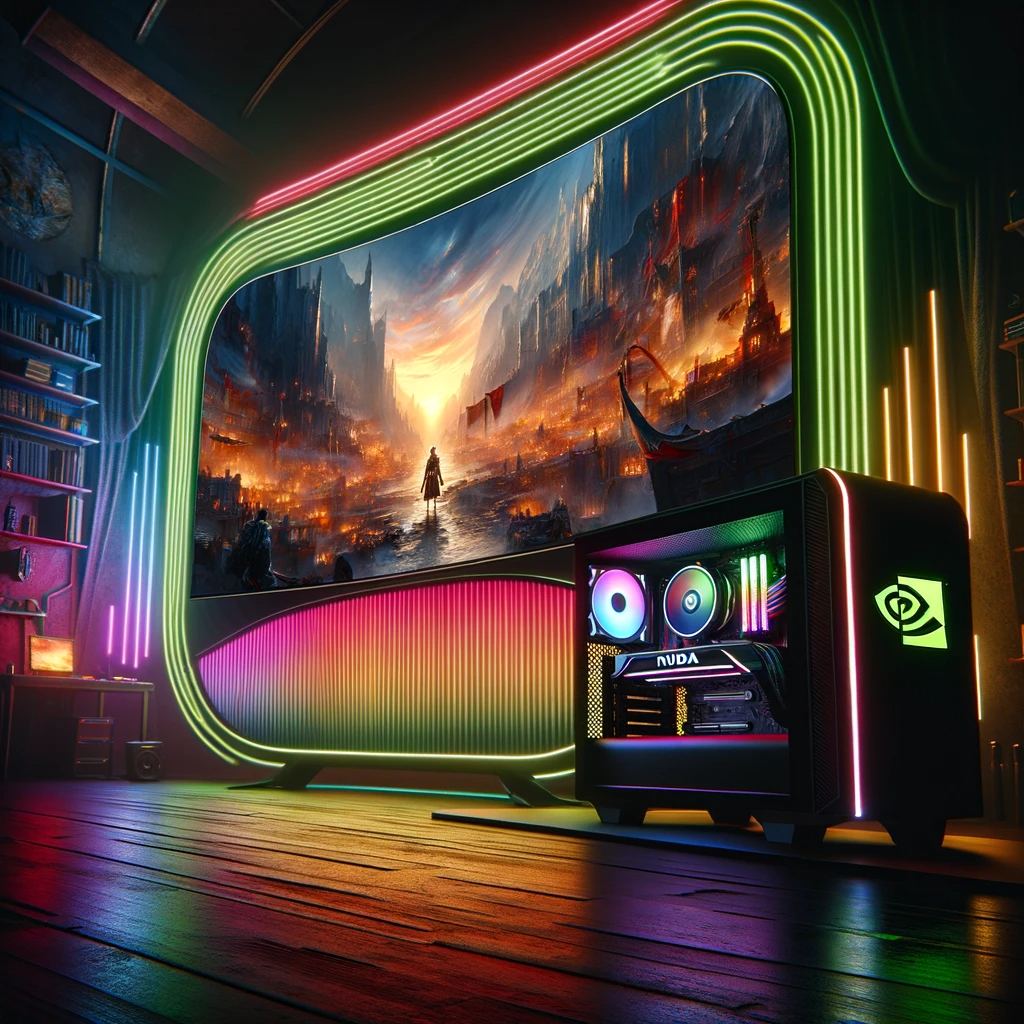In a recent press briefing ahead of CES, Nvidia showcased its Ace microservice, an AI suite capable of generating fully voiced AI characters in real time. The demo sparked controversy, with concerns about the ethical implications and data usage of the technology. Purnendu Mukherjee, founder of Convai, the generative AI company behind Nvidia Ace, addressed these concerns in an exclusive interview with Digital Trends.
Generative AI and gaming enhancement
Mukherjee, a software engineer and avid gamer, founded Convai in April 2022 with the aim of enhancing gaming experiences through generative AI. He envisions a future where AI collaborates with artists, specifically narrative designers, to bring a new level of engagement to games. Mukherjee cites examples like Baldur’s Gate 3 and The Witcher, expressing the potential for AI-generated NPCs to interact with players, providing richer narratives and deeper exploration of characters.
During the interview, Mukherjee emphasized that AI is not a replacement for artists but a tool to augment their creative process. He envisions generative AI tools creating more jobs for artists, particularly narrative designers, who play a crucial role in training AI. He argues that artists will remain the creators, masters, and controllers of their work, with AI serving as a powerful tool for expression.
AI’s impact on jobs and industry shifts
Mukherjee acknowledges the ongoing mass layoffs in the video game industry but sees the rise of generative AI as a natural shift. He believes that adapting to work with AI is essential for individuals in the industry. While acknowledging the potential impact on jobs, he maintains an optimistic outlook, suggesting that the demand for skilled individuals to work with AI will increase.
Artists and the intersection of art and tech
Addressing concerns about artists who prefer hand-crafted content, Mukherjee draws parallels between AI and existing tools like Adobe Photoshop or Unreal Engine. He argues that AI is a tool that enhances expressive power while maintaining the artist’s role as the creator and controller of the content. He encourages artists to understand where art and tech intersect, emphasizing that AI is a supportive tool, not a replacement.
The data challenge
One critical aspect Mukherjee addresses is the challenge of data usage in training AI models. He suggests that individuals contributing significant data to these models should be compensated. Whether it’s media outlets like the New York Times or user-generated content on platforms like Reddit, Mukherjee advocates for fair compensation for data contributions. This stance aims to navigate the complex issue of data usage, especially when applied at a commercial level.
Purnendu Mukherjee’s insights shed light on the potential of generative AI in the gaming industry and its collaborative role with artists. While addressing ethical concerns, he maintains an optimistic perspective, envisioning a future where AI and artists work together to create more engaging and immersive experiences. The challenge of data usage is acknowledged, with a call for fair compensation for those contributing significant data to train AI models. As the industry navigates this transformative phase, conversations surrounding the intersection of art and technology will play a pivotal role in shaping the future of creative endeavors.




